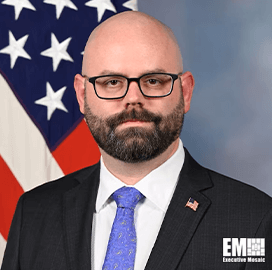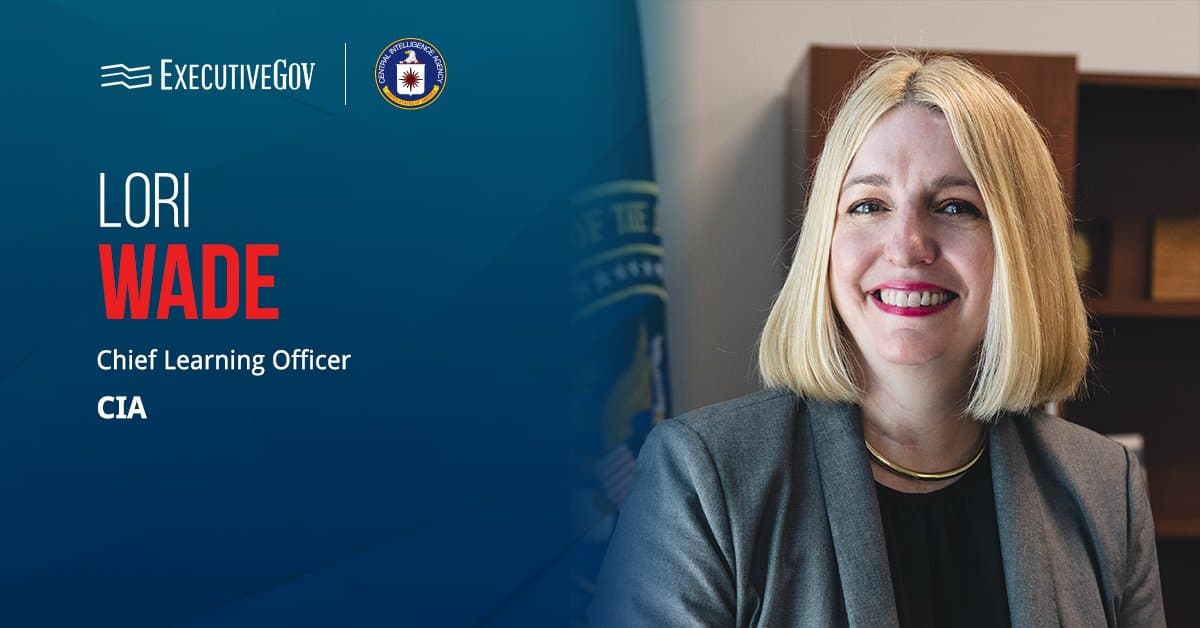Thomas Rondeau, principal director for future G at the Department of Defense, said the Pentagon is focused on ensuring the security of future G and 5G technologies as it seeks to strengthen its communications posture and deliver enhanced capabilities to warfighters, the Federal News Network reported Thursday.
“A key tenet here is privacy-enhancing technologies and additional security technologies in order to start breaking down those challenges that this technology will always have for us,” Rondeau said.
The DOD is also investing in technology to help it identify and manage signatures in the electromagnetic spectrum to better protect warfighters against jamming threats.
“[W]e are working closely with our industry base to define new technologies that will help us enhance our low probability of detection, interception, our anti jam capabilities within standard, compliant 5G systems,” Rondeau said.





